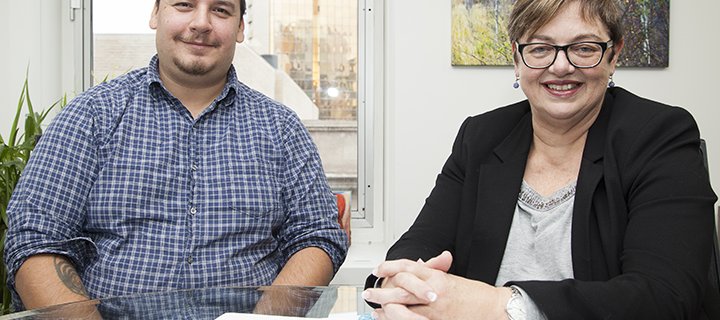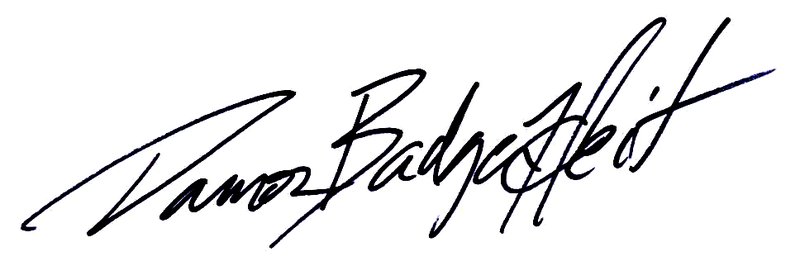
Truth & Reconciliation
In this issue
 Engage - Volume 6, Issue 1, Fall/Winter 2015
Engage - Volume 6, Issue 1, Fall/Winter 2015
Cultural Areas
First NationsReflection and Action Needed in Saskatchewan's Cultural Community
On June 2, 2015, the Truth and Reconciliation Commission (TRC) produced its final report, culminating over six years of testimony from nearly 7,000 witnesses of Residential schools in Canada. According to the final report, the 100 years of Canada’s Aboriginal policy, in which the “establishment and operation of residential schools were a central element,” can best be described as "cultural genocide". The release of the report was an historic moment when, finally, the “truth” of what occurred at residential schools in Canada was laid bare for all to see.
When the report first came out, our SaskCulture team sat down together to talk about it, in order to better understand the impact of the TRC report. We also reflected on the actions that we, at SaskCulture, have taken in the past few years that have a connection to the report’s recommendations, as well as to consider future actions. It is evident that the TRC report and the subsequent Call to Action speaks to areas of our own work.
Of the 94 recommendations outlined by the Commission, a significant number land squarely on matters pertaining specifically to “culture”. As we work towards the development and implementation of our own diversity and inclusion strategies, SaskCulture acknowledges this report challenges all cultural groups and Saskatchewan residents to not only be aware of these recommendations, but to also consider how to be a part of the reconciliation process.
The Commission’s recommendations impact many areas of Canadian policy. It is our job, as leaders in the cultural community, to ensure that change is made where needed in our organizations, and that reconciliation is not ignored. Calls to Action have been made to governments, at all levels, to work with Aboriginal peoples to enact changes, however as the Commission noted, “This is not an Aboriginal problem, this is a Canadian problem.” In order for reconciliation to occur, we must all recognize our part in it.
We acknowledge that there is more to do as we work towards reconciliation in Saskatchewan, but SaskCulture is pleased that some of our efforts of the last several years are validated by the report. We have made modest movement already on some of the Calls to Action identified in the report. Much of that work is identified in our Diversity and Inclusion strategy. It is baby steps, but it is incremental success toward these ends.
"This is not an Aboriginal problem, this is a Canadian problem." ~ The Honourable Justice Murray Sinclair
SaskCulture has made gains in securing Indigenous peoples in leadership positions at all levels of our organization: on our board, within our staff, as program volunteers and on juries. Of all our volunteer jury members, nearly half are Indigenous peoples. Our project funding has also closed the gap and roughly, half of all project funding is allocated to the cultural priorities identified by Indigenous peoples in communities across the province.
Externally, we have begun to impress the importance of diversity and inclusion to all groups that we support and have begun a process of assisting cultural organizations with their own inclusion and diversity planning.
We have seen a steady uptake from First Nations Bands, Tribal Councils and Indigenous cultural agencies who are accessing funds to address the action items of the TRC in their own communities. We have seen an uptake of cross-cultural programming designed to build cultural awareness for everyone. There is still more to do; in this issue of Engage we are sharing examples of some of the initiatives that SaskCulture has funded through the Culture section of the Trust that support the reconciliation process.
The release of the Truth and Reconciliation Report is a pivotal moment in going forward as Canadians. How Canadians now handle the reconciliation portion of the report and the recommendations that come with it will be very important if we are to be a truly diverse and inclusive place. Let’s work together to actively engage in that process.


Rose Gilks Damon Badger Heit

